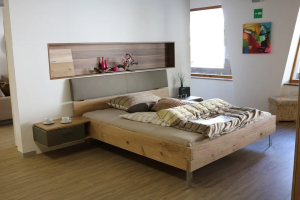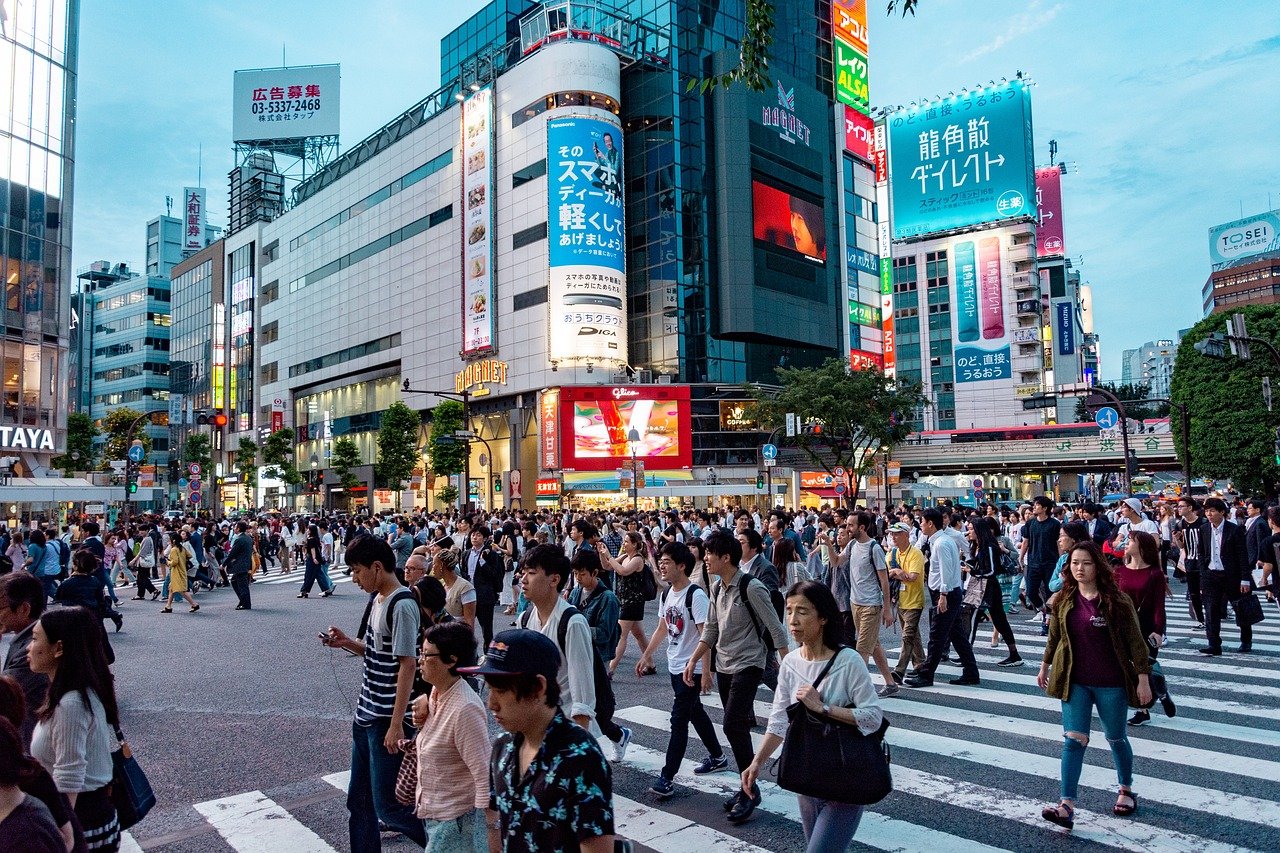The Fukuoka Apartments for Rent
For young professionals Fukuoka provides many opportunities for business and entertainment. For students, the city is home to three universities including Kyushu University which was ranked among the world’s top 500 in 2009. And for sightseers, there are attractions ranging from hot springs resorts to parks with views of both the city and nearby mountains. In addition, there are a number of Fukuoka-related sightseeing spots on nearby islands including the popular tourist destinations of Yakushima and Tanegashima.

Over the last 50 years, Fukuoka has carved out a name for itself as one of Japan’s leading industrial and commercial centers. The region is known as an economic powerhouse and attracts workers from across the country in search of jobs and opportunities. However, this growth has left its mark on the cityscape. Housing prices have skyrocketed over recent decades while the population has grown at a steady pace.
The average cost of housing in Fukuoka is around 370,000 yen ($3,400) per month while the city’s population currently hovers around 1.5 million people. It is not uncommon for Japan to face space and population issues due to long-term economic growth but the same problems are not widespread in most major cities. So what makes Fukuoka apartments for rent different?
It turns out that the city’s rapid growth in real estate prices can be linked to a severe lack of Fukuoka apartments for rent. This is especially true in the case of single-person units, but families face difficulties as well. The situation has led many to question if Fukuoka is following in the footsteps of Tokyo, where the vast majority of Fukuoka apartments for rent are purchased instead of rented.
The lack of rental units may also be behind another Fukuoka phenomenon; the rise in “multi-generation households”. It has become very common for three or more generations to live under one roof. Although this is an age-old tradition in many parts of East Asia, it is still quite unusual to see the practice so heavily endorsed.
It seems clear that the city’s low vacancy rate has led to a scenario where would-be tenants are unable to find affordable housing and consequently have no choice but move back with their parents. Obviously this can cause all sorts of issues, but it is difficult to say if the current situation is an accurate depiction of what life in Fukuoka will look like 20 or 30 years from now.

The issue certainly calls into question the long-term viability of Japan’s second largest city. After all, how can renters be expected to move out and start families when they can barely afford to live on their own?
If the current situation is any indicator, Fukuoka’s future will be one filled with more multi-generational households and a further decrease in the average cost of living. It seems that young people would do well to pursue job opportunities outside of the city, where housing costs are lower and lifestyles lean more towards “normal”.
It is unclear what the future holds for Fukuoka and its residents. However, one thing seems certain; if you can’t afford to buy a house in this city, you’re probably better off living somewhere else.
Fukuoka has pleasant hot and humid summers and relatively mild winters with little snowfall. The best time to visit the city is from spring through autumn when temperatures are warm and comfortable.

